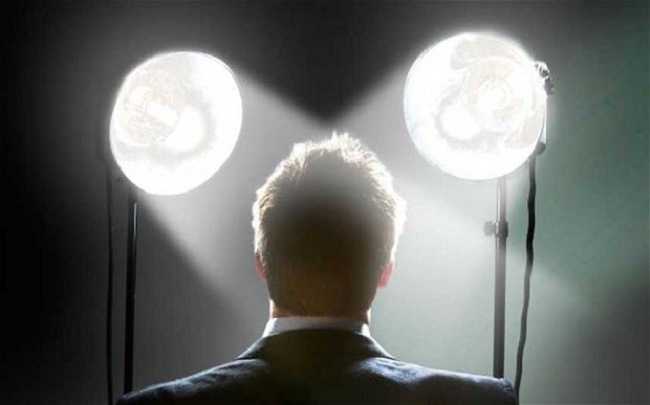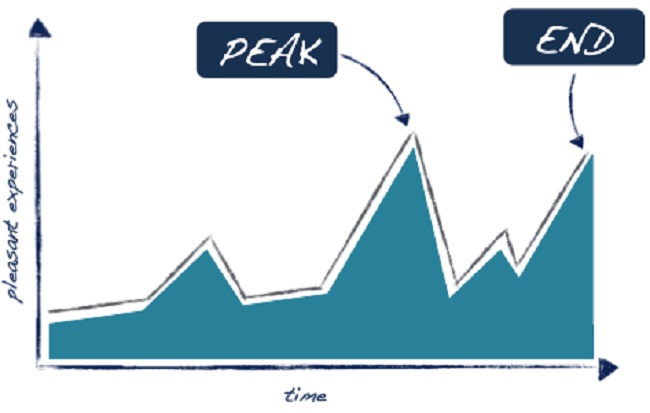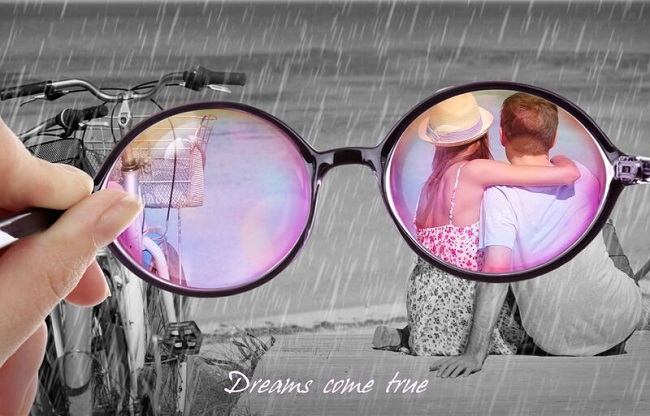Our mind is a set of cognitive faculties including consciousness, perception, thinking, judgment, language and memory. It holds the power of imaginations, recognition, and appreciation and is responsible for processing feelings and emotions, resulting in attitudes and actions. Many psychological traps form a part of human thinking that people take for granted. These traps can be true and can be false. There are psychological effects of these traps that block us from perceiving the reality.
1Keep Your Goals a Secret
Advertisement
According to a research by NYU Psychology professor Peter Gollwitzer, if we keep our intentions or goals private then we are more likely to achieve them than those who made them public and were acknowledged by others. Once you tell people your intentions it gives you a ‘premature sense of completeness’ as a result lessens your chance of achieving them. Your mind starts to perceive the goals shared with others as a part of your reality which demotivates you from working towards them. So share your achieved results with public and not your goals.

Image Source: www.thenorthfaceoutletstores.org
2People Notice Less Than You Think They Do
Advertisement
You have a stain on your dress and you feel everyone in the place has noticed it. But you may be wrong. This is ‘spotlight effect’ where you feel more people noticed something about you than they do. We all value ourselves more than others and are center of our own universe based on our perspectives but others are also center of their own universe focusing on other things rather than the stain on your dress. But you feel other people are noticing what your focus is. As a result, you are using your own experiences and cognitions to evaluate other people’s thoughts and behaviors and overestimate the extent to which their perceptions are shared by others accurate.

Image Source: www.dfc-dordrecht.nl
3End With a Positive Note
Advertisement
According to a series of experiments conducted by Barbara Fredrickson and Daniel Kahneman, people judge an experience largely based on how they felt at its peak and at its end rather than based on the total sum or average of every moment of the experience. The effect of the experience can be pleasant or unpleasant. Thus they termed it as peak-end rules a psychological heuristics i.e. focusing on one aspect of a complex problem and ignoring others. This happens because people exhibit better memory for more intensely emotional events than less intensely emotional events. So an interesting movie might become average one if it has a mediocre scene at the end while an annoying friend will be attractive if she compliments you at the end of the day.

Image Source: www.theunconsciousconsumer.com
4Happiest Memories Are Not Exactly As We Recall Them
Advertisement
People have a tendency to anticipate events as more favorable and positive than at the time of the experience. This is referred to as ‘to see through rose-colored glasses’. A study conducted on a group of people showed that their enthusiasm of visiting Disneyland ‘the happiest place on the earth’ was dampened by large crowds, irritable children, hot weather and underwhelming food. Still, the participants remembered the trip as being much more fun than it actually was at that time. This is because our brain tends to concentrate on positive memories. Positive evaluation of the self can help avoid depression and negative effects, providing a sense of personal control and self-esteem.

Image Source: funny.pho.to